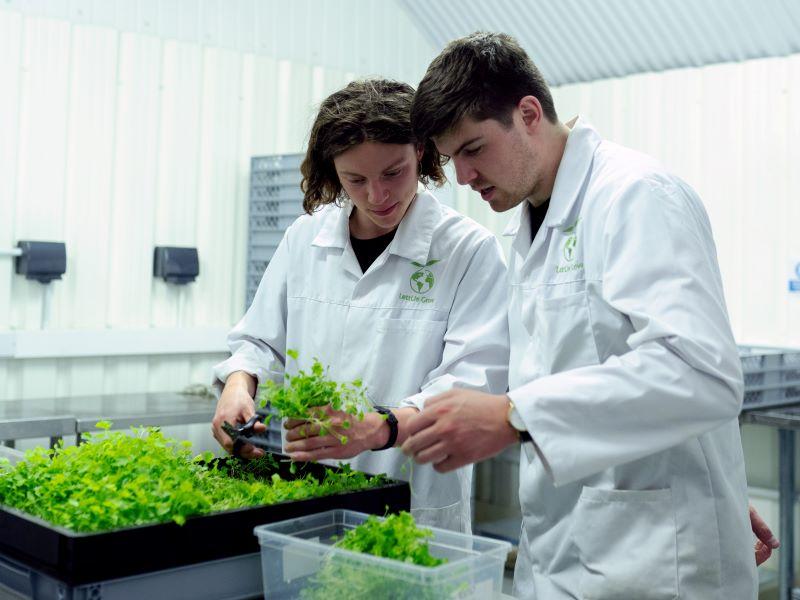
Embracing change: open research in the age of AI
The shift towards open research is having a transformative effect on the academic world. But when coupled with the emergence of modern technologies such as AI, it presents complex challenges
A THE webinar, held in partnership with Digital Science, featured a panel of experts who discussed the impact of AI on the research landscape. The webinar explored key findings from a report published by Digital Science, titled Research Transformation: Change in the Era of AI, Open and Impact. The report was based on a global survey and in-depth interviews with individuals in academic research-related roles.
Mark Hahnel, vice-president of open research at Digital Science, spoke about the conflicting trends the report revealed: “Collaboration is booming but there are concerns over funding and security. Concerns around research quality and competitiveness are also prevalent.” The report highlighted the significant impact AI could have on research output and the need to address AI skills gaps and bureaucratic hurdles that may hinder progress, he added.
One factor accelerating the adoption of open research is that some organisations are beginning to mandate that data is openly available before academics can secure funding. Reflecting on the factors driving the shift to open research, Simon Porter, vice-president of research futures at Digital Science, said: “With open research, it’s the infrastructure that changed – the funding infrastructure, the repositories and the policies of the journals. Researchers themselves are doing research in the same way, but we have worked together to create a supportive infrastructure that pushes their outputs into open access when it comes to publishing.”
The report also indicated that research metrics are evolving to facilitate a more holistic evaluation of impact and quality, but this varies between countries and regions. Sally Smith, director of research at Trinity College Dublin, said the move to open research had been transformational in research culture, leading to greater interdisciplinarity and better public perceptions of research. However, there is debate on how research should be assessed.
“The idea that your ideal research output is publication in a prestige journal has become problematised,” Smith said. “Researchers are doing excellent things with collaboration cultures and leadership, but the frameworks around what people consider good research are changing slowly.”
Markus Mäkelä, head of AI at LUT University in Finland, discussed how the university is developing tools to help academics speed up the research process and support them in generating ideas. He spoke about the risks of applying AI widely to research processes, such as the potential for proprietary data to be released into public tools such as ChatGPT or the chances of AI output containing errors or hallucinations. “We try to educate researchers about what we know about these risks to avoid ethical lapses,” he explained.
Smith noted that fast-moving geopolitical developments should not be ignored when talking about research transformation and security. “We see a huge push in terms of international collaboration and open research on the one hand, but securitisation of research on the other,” she said. “There are discussions to be had about national security versus academic freedom, but not necessarily from the position that research is pure. It is always done in a political and societal context.”
The panel:
- Mark Hahnel, vice-president of open research, Digital Science and founder of Figshare
- Markus Mäkelä, head of AI, LUT University
- Simon Porter, vice-president of research futures, Digital Science
- Sreethu Sajeev, branded content deputy editor, Times Higher Education (chair)
- Sally Smith, director of research, Trinity College Dublin
Watch the webinar on demand above or on the THE Connect YouTube channel.
Learn more about the key insights from the Digital Science report on research transformation.
bg_web.jpg?itok=y4tgl6U-)
